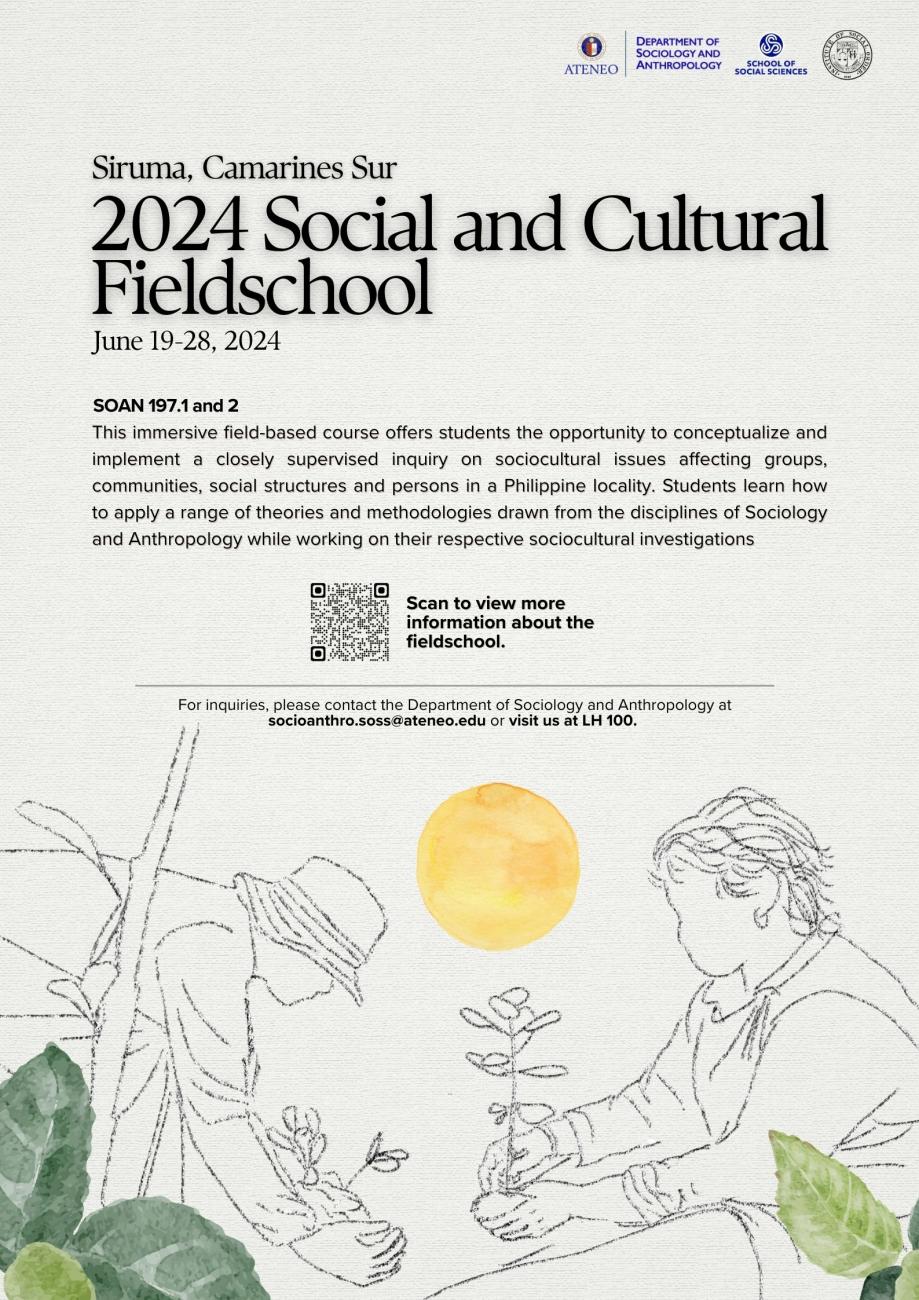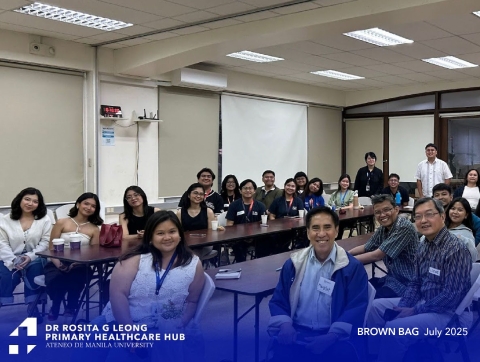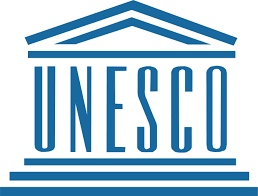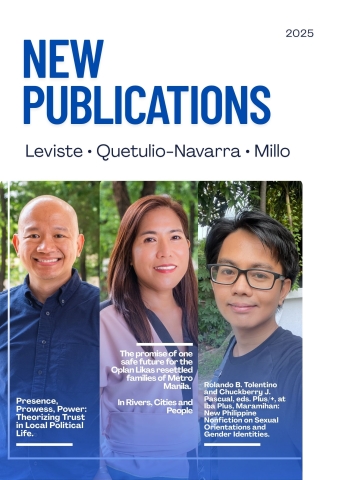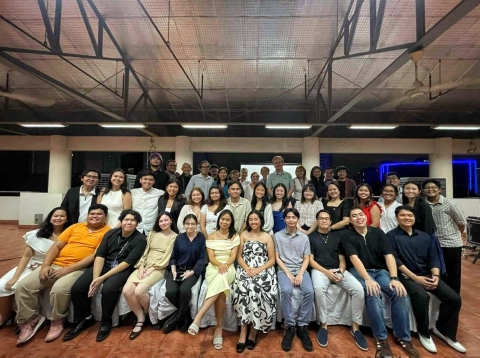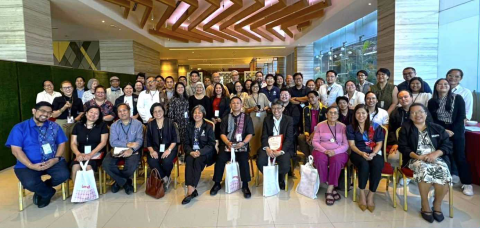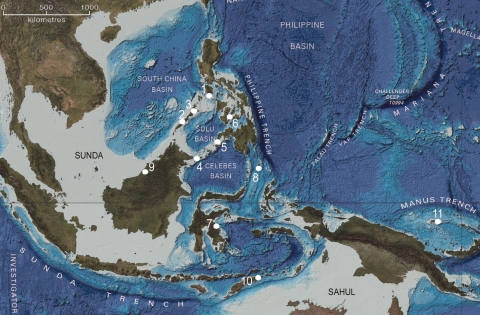2024 Social and Cultural Fieldschool: Siruma, Camarines Sur
05 Jun 2024
2024 Social and Cultural Fieldschool: Siruma, Camarines Sur
June 19-28, 2024
SOAN 197.1 and 2
This is a six-unit field research course in which students conduct an independent study in the Philippines, investigate different social and cultural landscapes, analyze sociocultural issues linked to the host community or country, and pursue options for disseminating and utilizing research results.
This immersive field-based course offers students the opportunity to conceptualize and implement a closely supervised inquiry on sociocultural issues affecting groups, communities, social structures, and persons in a Philippine locality or overseas. Students learn how to apply a range of theories and methodologies drawn from the disciplines of Sociology and Anthropology while working on their respective sociocultural investigations.
Mangroves provide important ecosystem services.[1] Mangroves have the ability to capture and store carbon. For such reasons, mangroves are identified as an important nature-based solution that can mitigate the effects of climate change. In addition to this, a thick mangrove forest is an effective barrier against strong currents and storm surges and could therefore help in protecting coastal communities. In coastal communities, mangrove trees are used for houses, fences and other construction materials. They likewise serve as sources of fuel for cooking and as source of food and medicine for households, especially when the seas are rough, and fishers cannot go out to fish. No doubt that mangrove forests are women’s productive domains.
Sadly, mangrove areas have been historically neglected and undervalued. In Siruma, years of rampant mangrove destruction have increased the exposure of its coastal communities to the harmful impacts of climate change, particularly the yearly visits of typhoons. These consequently resulted in the aggravation of poverty among the fisherfolks and coastal dwellers as they are the ones that mostly bear the brunt of extreme weather conditions.
Taking these into consideration, the ISO has embarked on an effort to promote the rehabilitation and proper management of Siruma’s mangrove forests as part of its community-based coastal resources management. To date, the ISO has been able to facilitate the reforestation of 100 hectares of mangrove areas in the municipality. Through continued cooperation, the municipality of Siruma has been one of the forerunners in mangrove conservation and reforestation in the Bicol Region. In fact, Siruma has won Best Mangrove Awards for two consecutive years. This prompted the ISO to push the institutionalization of mangrove management as part of the LGU’s environmental governance process. In 2023, the LGU enacted an ordinance declaring 197 hectares of mangroves as local conservation area and the establishment of Gayon Park as Nature Conservation and Learning Center. The management of the LCA and the Nature Conservation and Learning Center are awarded to the partner people’s organizations of the ISO. For its part, the ISO committed to promote the sustainability of these community-managed nature-based solutions through the implementation of an “Adopt a Mangrove” Program whose purpose is to reach out to stakeholders that can support mangrove planting activities – from seedling collection, propagation, out planting, and monitoring.
It is in the identification and development of learning and information and education materials that the involvement of the students will be tapped.
In this course, students will be guided on how to apply the art of rapport building with research participants, interactive data collection techniques such as photo-voice documentation, focus group discussions, historical transects and bio clock. They will also be guided on data management, and data analysis in an immersive ethically informed field-based social investigation setting. With close supervision, students will work collectively with ISO’s local staff and local partners on a plan to effectively communicate and ethically utilize research results for practical, policy, or theory-building purposes. Lastly, the students will also be given the opportunity to be part of implementing nature-based solutions through participating in a mangrove tree planting activity. It is hoped that through this, they will be able to practice being engaged environmental sociologists.
[1] Daniel A. Friess, Kerrylee Rogers, Catherine E. Lovelock, Ken W. Krauss, Stuart E Hamilton, Shung Yip Lee, Richard Lucas, Jurgenne Primavera, Anusha Rajkaran and Suhia Shi. Mangrove Forests: Past,
Present, and Future taken from Environ. Resourc. 2019.44:8. p 90 . Downloaded from www.annualreviews.org on 09/04/22.









